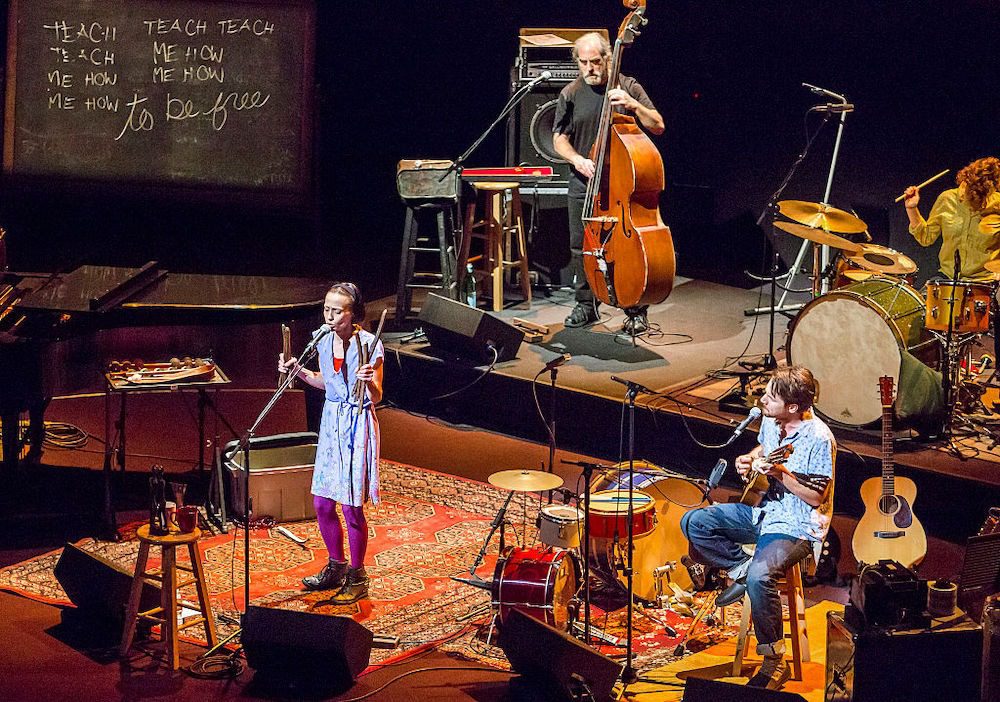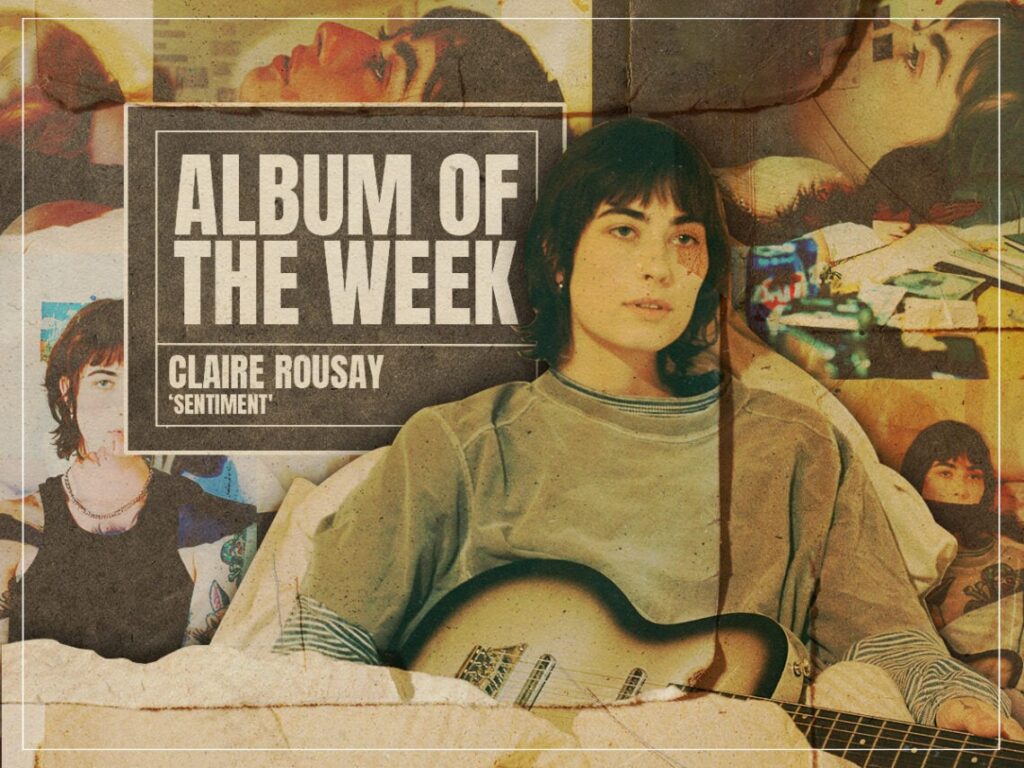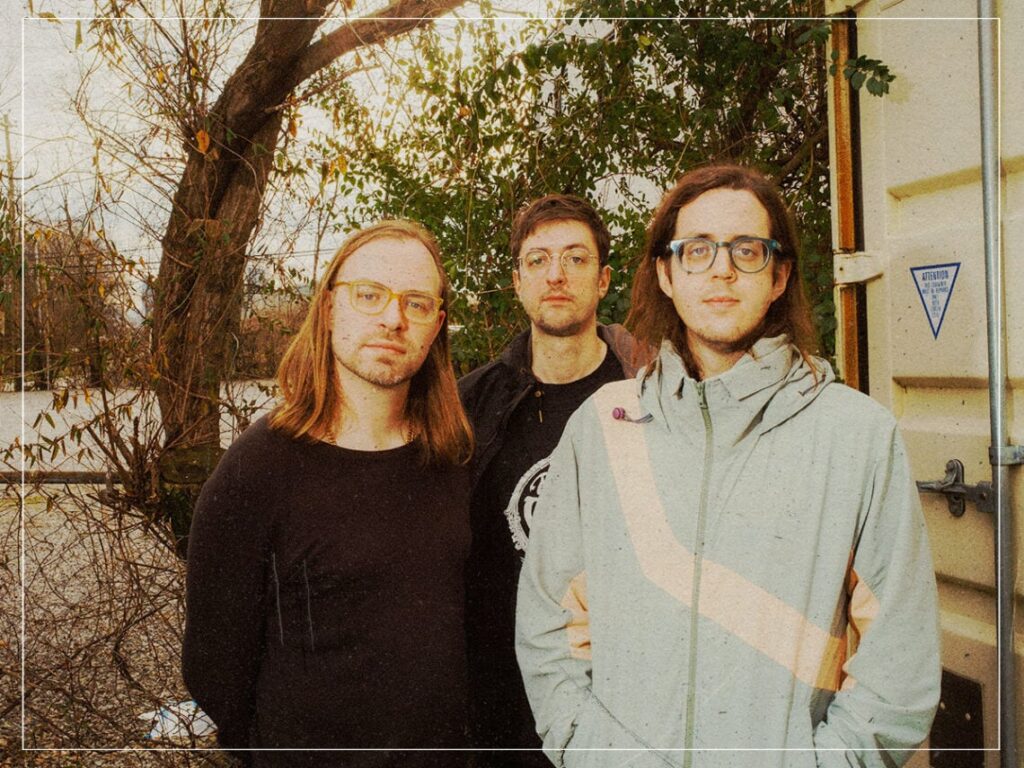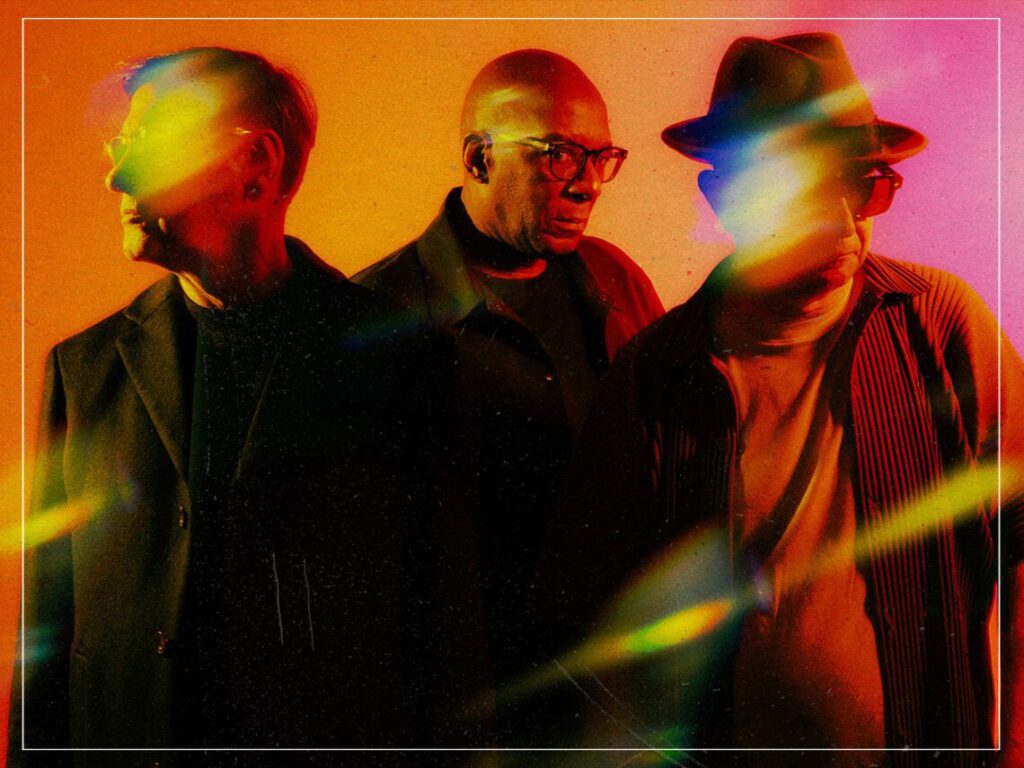Fiona Apple’s Bassist/Co-Producer Sebastian Steinberg on Making 'Fetch the Bolt Cutters'
 Posted On
Posted On
Fiona Apple’s fifth album Fetch the Bolt Cutters was released in April to unanimous praise, her deeply personal and idiosyncratic songwriting brought to life by spontaneous and offbeat DIY recordings that took place largely in Apple’s own house in Los Angeles. And with her every step of the way was a trio of musicians with whom Apple split production credit for the album: drummer Amy Aileen Wood, guitarist David Garza, and bassist Sebastian Steinberg.
Sebastian Steinberg, who’s perhaps best known as the upright bass player from Soul Coughing, the funky and inimitable New York quartet that released three albums from 1994 to 1998, is the longest-tenured member of Fiona Apple’s backing band. In addition to Fetch the Bolt Cutters and 2012’s The Idler Wheel, Steinberg played on the widely bootlegged original 2003 version of Apple’s 2005 album Extraordinary Machine. Steinberg began his career in the ‘80s as a sideman to guitarist Joe Morris and other jazz musicians at New York’s famed Knitting Factory club. After Soul Coughing’s split in 2000, Steinberg moved to L.A., and has enjoyed a busy career recording and touring with everyone from Iron & Wine to the Dixie Chicks, and playing on the forthcoming Phoebe Bridgers album. In 2008, Steinberg released the album Scarlet Fever under the alias Homesick Orchestra, an overlooked gem featuring his own songs and an all-star supporting cast including Lisa Germano and Tracy Bonham.
A few days after the rave reviews began pouring in for Fetch the Bolt Cutters, SPIN spoke with Steinberg at his home in L.A. We talked about how the album was made, the story behind Apple namechecking him on the standout song “Shameika,” and the improving state of relations between the former members of Soul Coughing.
SPIN: How long have you known Fiona Apple?
Sebastian Steinberg: I actually met her in about 2002, when she and Jon [Brion] started working on the original version of Extraordinary Machine. And I’m actually on the Brion version, I’m on a couple of tunes on that. I just started hanging out with her at Largo, this club in Los Angeles where everybody plays all the time. Fiona and I just hung out constantly since then, and then The Idler Wheel was when we really started working together.
At what point was it decided that Fiona, Amy, David, and you would all share production credit on Fetch the Bolt Cutters?
From the very beginning. What happened is, Fiona decided to form her very first band. She had, you know, always had bands assembled for records. And then the last record, which was basically her and Charlie Drayton, I was the only person outside of those two who would come in, besides her sister.
But this is the first time that she really said, “I want to make a band, I wanna grow a band from the ground up.” And so the first thing she thought was, “Who do I want in it?’ And she thought of Amy, David, and myself. We all said yes, and when we got together, we didn’t have songs. We would just go to her house and just literally play her house. And she showed us a couple of chants that have ended up on the album. But somewhere early on, she just said, “Listen, you guys are all getting producers’ credit, we’re all four of us producing. I’ve cleared it with my manager and that’s how it is. You guys cool with that?” And we’re like, “Sure.”
How much of the album was done in her house and how much was done in proper studios?
We’d actually gone to this studio in Texas called Sonic Ranch. David Garza just said, “For a really great rate, we can go stay for a couple weeks at this studio and just mess around and experiment.” So out at Sonic Ranch, we got “Cosmonauts,” “On I Go,” “Relay,” and “Ladies.” We got probably almost a third of the album from those, and then we went back to L.A. and went to Stanley Studios to try to work with that. But Fiona was like, “I need to bring this to my house.” So we cut a bunch of stuff at her house, but yeah, we still have about four songs that we got from Texas.
What did you think when you heard your name in “Shameika”?
SS: Oh I laughed, it was sweet. Do you know a song of hers called “Largo”?
Yeah.
That song is very specifically about the original Largo, which was not a scene I was a part of — I was more like a guest because Jon wanted me to come there. But I wasn’t like a part of it like I was later when it moved to the corner theater. But Fiona wrote [“Largo”] about that scene, and I remember her feeling guilty because she wanted my name in it. And she’d written a verse where she worked my name into it, but it didn’t feel natural. That’s the way she is, she puts her friends in her songs. [“Shameika”] was a true story, it was something that I did actually say, and it makes me giggle every time it comes by.
What was the context of you saying “You’re a good man in a storm” to her?
We had gotten into a bit of a scrape in Texas, one of two scrapes we’ve gotten into. And essentially, we got into a situation with West Texas law, and I had some marijuana. And she created a situation where I didn’t end up in jail, let’s just put it that way. So I said, often and loudly, “You’re a good man in a storm, Fiona.”
You’re credited with a lot of instruments and objects besides bass, but some of these songs feel very oriented around the upright bass, especially “Ladies.”
I co-wrote that with Fiona, with help from David, of course. We were in Texas and Fiona said, “I want you to write some music to this song, and I want it to be uplifting.” That’s all she said, and she played me what she had.
One of the great things about this band is that we don’t think of each other as the guitarist, the drummer, the singer, the bass player. And that has everything to do with because the first month or so that we got together, we didn’t play bass or guitar. We all played her house, we just played like birds sing, we played strange natural rhythms. And then we alternated between that and literal stomping while she would sing. Whatever we felt like for the song. It was a very malleable open thing where the impulse was the music, and the instruments were almost secondary.
I guess it will be a while before you get to perform in support of the album because of COVID-19. But had you done any performances as a quartet of this material before the album came out?
We’ve played a couple of gigs over the three and a half years of making this album. We did a gig at Ohana [Fest in Dana Point, California], Eddie Vedder’s festival. And we did a gig in Texas. “Ladies,” we’ve played, “I Want You To Love Me,” we’ve played out live, and I think most of the other stuff we haven’t played yet. But we’d been playing at her house before this whole fucking thing broke open, we were actually going to her house and just playing the songs for the fun of it. We do wanna play out live, we hope to someday.
By the way, I really enjoyed the Homesick Orchestra record you did in 2008.
Oh man, thank you. I don’t even know how you can find it. Where did you hear it?
It’s out there, it’s on streaming services, I think people just don’t know it exists unless someone tells them about it.
SS: Well, I’m pretty bad at pimping. I’ve written a bunch since then. I’ve just never quite been quite able to reconcile with the putting out of albums thing, or any of the ghastly stuff I would have to do around that. I love all the stuff I write, I feel very strongly about it. But I haven’t got the muscles to put it out there.
What have you been up to the last few years besides the Fiona Apple record?
SS: I’ve actually been a member of the band Iron & Wine. My buddy Rob Burger, who plays in that band, called me up about five years ago, asking would I mind if he gave my number to Sam Beam. And Sam and I just hit it off like crazy. So I’ve been kind of a member of Iron & Wine, but everybody in their camp knows that my heart belongs to Fiona, much as I love Sam.
And I’ve been working various and sundry stuff, Phoebe Bridgers’ new record, I’m on a couple of tunes on that. The last recording session I did was with Shelby Lynne, and it was like a bunch of old gospel traditional stuff. And the band was Jim Keltner, Jim Cox on keyboards, and this guy George Doering on guitar, all these guys doing these insanely intense end-of-the-world gospel songs with her. Holy fuck, I’ve heard her before but I’ve never heard her like this. It felt also so insanely appropriate because that was the last session I did before going into lockdown.
I feel like you have been fairly quiet about Soul Coughing over the years, while Mike Doughty has been very vocal about being unhappy about his time in the band and wrote a book about it.
Oh, y’know, I love that band. Funnily enough, Doughty and I reconciled a couple of years ago, which was really sweet. He just wrote to me out of the blue, like “Look, man, I’m sorry I said some fucked up stuff, you’re great.” And I wrote back, and said, “Hey, man, I’m sorry too. I love you, I’m glad we made a band.” I was probably also the closest thing to a fan of the band within the band. I think I’m the only guy in the band who listened to the records on a semi-regular basis just because I enjoyed them. Sure, Doughty pissed me off plenty, but I pissed him off too, we were a bunch of jackasses. I felt bad that he was so fucked up about Soul Coughing because I thought it was awesome. I want him to just be happy that Soul Coughing happened and really proud of himself for doing his own thing.


